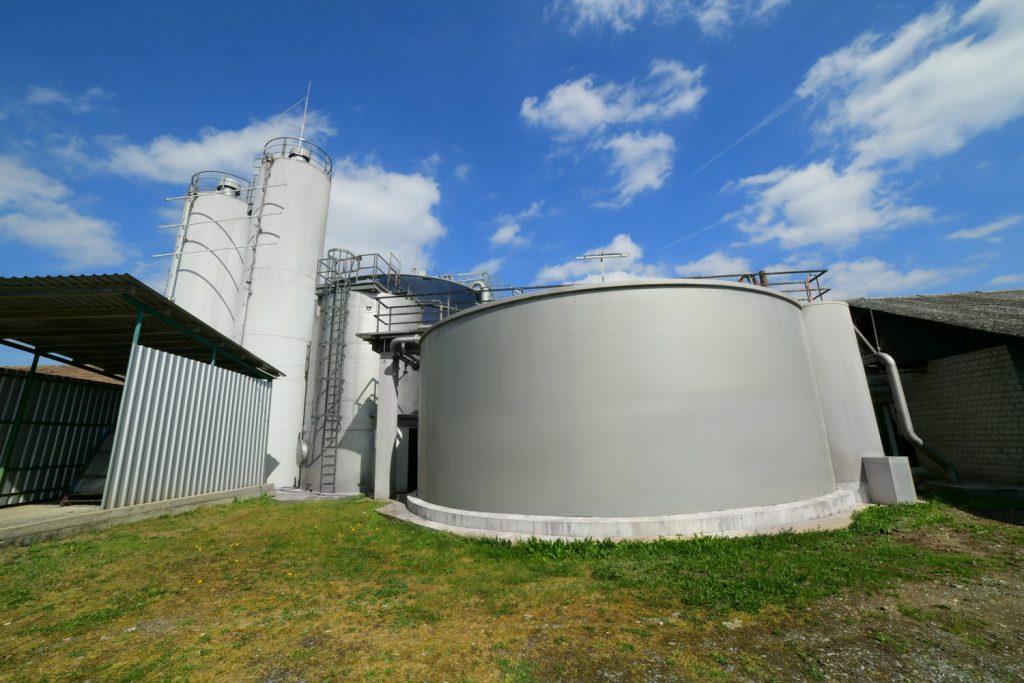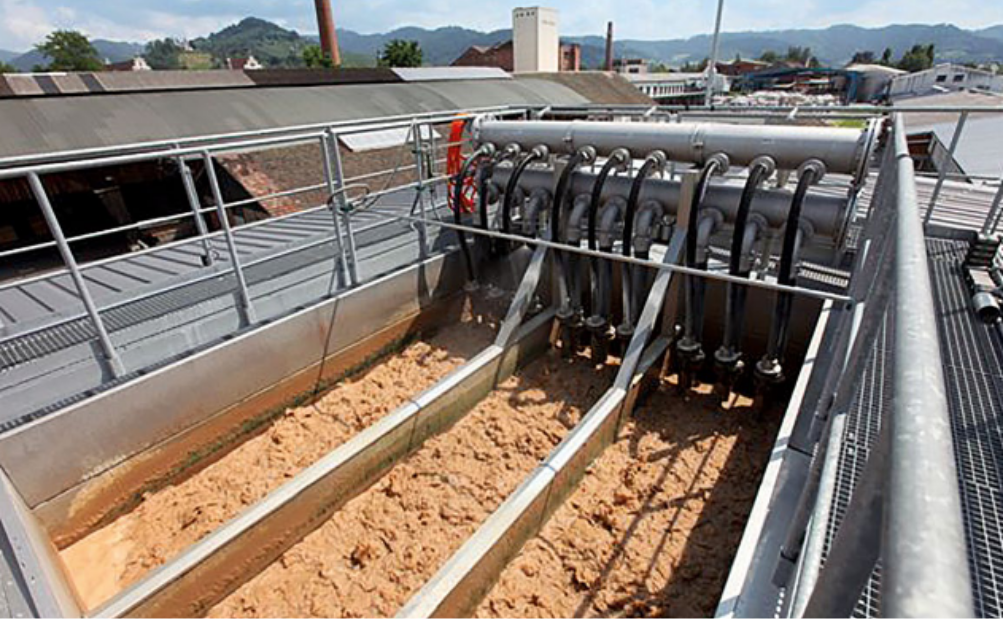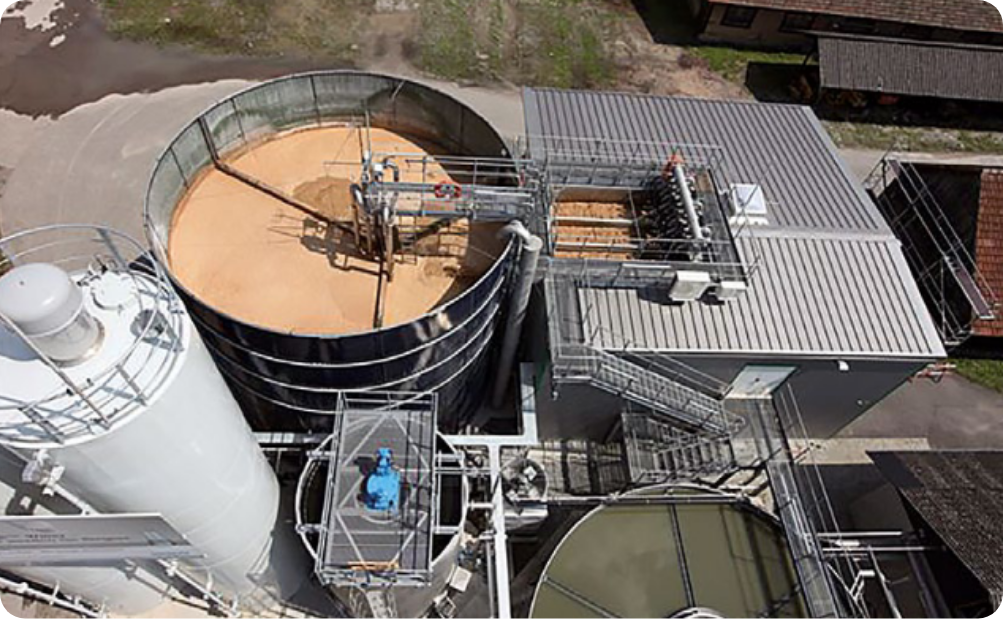Our planet Earth obliges us to be sustainable. We cannot continue to rigorously exploit nature we must begin to understand and to respect it. Köhlerpappen accepts this environmental challenge.
We attach importance to maximum efficiency in the use of energy, raw materials and all other resources. This results in less waste and protects the environment.
Measures that go beyond the legal requirements are checked for their feasibility within the framework of our environmental guidelines before they are implemented. These measures sustainably ensure the company’s continued existence.
...as much as 1.5 million trees can absorb!

All Köhlerpappen products are made from 100% sustainable raw materials. This requires considerable amounts of raw materials, which we obtain from different suppliers.
The energy required for processing the cardboard is obtained from our own production process, our electricity and steam generation.
The water required for this also comes from our own cycle and is filtered in our wastewater treatment plant and fed back into the fresh water cycle.
SIPAPER Water Membrane Bioreactor – an environmentally friendly solution for the cardboard industry.
In order to protect the environment and reduce the increased wastewater costs, Köhlerpappen GmbH invested in a new wastewater treatment plant in 2010. With Siemens Industrie Solutions, we had a competent partner and developer at our side.
A completely new type of water treatment plant was created for the cardboard industry worldwide, which had to be integrated into the running cycle and the existing plant.


The process - biomembrane technology with reverse osmosis as tertiary purification unit
After pre-treatment, the wastewater is cooled by a plate heat exchanger, so that only a fraction of fresh water is needed to compensate for evaporation.
After softening, the wastewater enters the biological treatment stage. This consists of an aerobic stage with three cascades and is operated with an activated sludge concentration. A Membrane Operating System (MOS) acts as a separator. Activated sludge and air are injected there using the MemJet process.
The resulting optimised membrane flow leads to intensive cleaning of the membrane surface during operation. Due to three parallel strands, the running operation is not restricted. Then the cleaned water is desalinated with a partial flow treatment by reverse osmosis and fed back into the fresh water circuit.
This way we can make a big contribution to environmental protection & sustainability of resources, because:

FSC® and PEFC certification
Increasingly, consumers are paying attention to the origin and processing of products and their demonstrable compliance with international environmental and social standards.
PEFC (Programme for the Endorsement of Forest Certification Schemes) is a “Programme for the Endorsement of Forest Certification Schemes” that pursues one goal across national borders: the worldwide improvement of forest use and forest management. The goal: to document and improve sustainable forest management, with standards that take into account ecological, economic and social aspects. The goal: to document and improve sustainable forest management, with standards that take into account ecological, economic and social aspects.
Energy management system in accordance with
DIN EN ISO 50001
Declaration of no objection for use as secondary packaging for foodstuffs
In 2025, it was confirmed that our two products Köhlerbox and Köhlerboard may be used as secondary packaging for food.
This means that you now have the option of wrapping your food packaging directly with these two products.
This means that your product is optimally protected on its way to your customers and you also meet the high requirements of this sensitive area of application.
As usual, you benefit from our attractive conditions and flexible availability – supplemented by this new, valuable additional benefit.
You are currently viewing a placeholder content from Facebook. To access the actual content, click the button below. Please note that doing so will share data with third-party providers.
More InformationYou are currently viewing a placeholder content from Instagram. To access the actual content, click the button below. Please note that doing so will share data with third-party providers.
More InformationYou are currently viewing a placeholder content from X. To access the actual content, click the button below. Please note that doing so will share data with third-party providers.
More Information